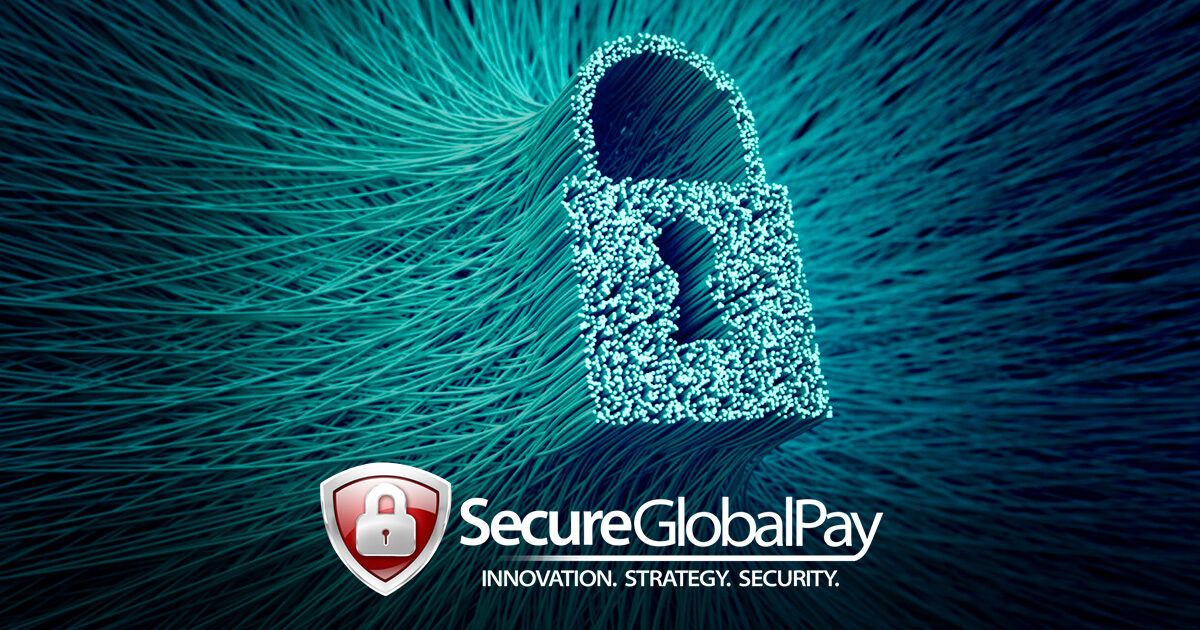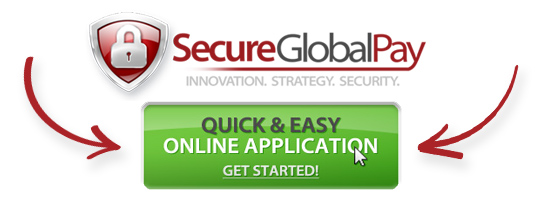
Payment Gateway for High-Risk Business
A payment gateway is a mechanism that transfers a customer’s payment to a merchant’s bank account. It is a cloud-based software that captures data and confirms if the funds for the transaction are available in a customer’s account before transferring the precise amount to the merchant. A payment gateway for high-risk business is particularly important because it allows customers to confidently provide their personal card information and make purchases for products or services from higher-risk business types.
How Does a Payment Gateway for High-Risk Business Work?
A payment gateway processes payments using the following steps:
- Encryption: A payment gateway encrypts the data between a seller and buyer.
- Request: An authorization request is facilitated after a payment processor gets a thumbs-up from the buyer’s bank or credit card company about the transaction.
- Fulfillment: Once a payment gateway for a high-risk business has the authorization to proceed, it eventually fulfills the order after carrying out crucial safety checks to confirm that the transaction is authentic.
When a customer provides sensitive card details through the payment gateway of a high-risk business like a tech support company, online gaming site, or travel agency, the transaction data is encrypted and transferred via an SSL connection.
The transaction file is forwarded through an iron-clad link to a high-risk merchant’s gateway application that protects it from outside attacks.
This encrypted payment information is also sent to the customer’s card issuing bank for authorization through another well-protected SSL connection.
When an authorization request is sent to a customer’s bank that issued a Visa, MasterCard, Discover, JCB, or American Express card, it is up to them to accept or decline the transaction.
The eventual outcome of the transaction, which can be an approval or denial, is always confirmed in the shopping cart with a unique transaction ID attached.
Once payment is completed, the high-risk merchant is granted access to pending authorizations. This allows the merchant to make any required edits before sending the batches to a high-risk payment processor–this process is known as batching.

Types of Payment Gateways for a High-Risk Business
Before you choose a bank account merchant gateway for your high-risk business, it is important to understand what your business really needs.
Some payment gateways for high-risk business types are self-hosted while others are provided by high-risk payment processors like SecureGlobalPay and offer a full package service that protects high-risk businesses from excessive chargebacks and fraud.
Self Hosted Payment Gateways
Choosing a self-hosted payment gateway like Stripe or Shopify is not a good option for high-risk merchants. These providers steer clear of high-risk businesses because of the risks involved but mislead merchants with their instant account approval process.
These third-party providers might offer a fast account approval process, a virtual terminal, ACH payment capabilities, etc. They can also help encrypt customer details on a merchant’s website and submit transactions to a third-party payment gateway for authorization. However, as soon as their underwriting team gets to your high-risk business, they will shut down your account.
Even if you manage to find a self-hosted payment gateway for your high-risk business, the service will be far from stellar. The reason is that if anything goes wrong with the hosting service, you get to figure it out yourself or outsource it to outside help. Self-hosted payment gateways usually do not come with technical support teams.
Fully Hosted Payment Gateways
For merchants that do not want to deal with the hassle of integrating and maintaining the payment gateway, a fully hosted service that high-risk industry payment processors like SecureGlobalPay offer, are your best option.
How do hosted high-risk payment gateways and payment services work?
A hosted payment gateway works by redirecting customers from the checkout page. When a customer clicks on the “buy now” link, instead of going to the checkout page, the customer is sent to the hosted payment gateway page.
It is on this page that the customer enters sensitive card information and upon completion reverts back to the high-risk merchant’s website to finish the sale. These types of hosted high-risk payment gateways offer top-notch security through PCI Compliance and anti-fraud measures.
API Hosted High-Risk Payment Gateways
An API-hosted payment gateway is user-friendly and easy to set up. This is the best option for a high-risk merchant who wants complete control of a buyer’s checkout experience.
Using an application programming interface or API, payment details and processing are handled on a merchant’s website.
API-hosted high-risk payment gateways provide an immersive and customizable checkout experience that can be integrated with a wide array of friendly features for higher conversions.
However, in some cases, it is up to high-risk merchant business owners to provide added layers of security. This ultimately means paying for additional SSL certifications and making sure the credit card payment process is PCI DSS compliant is the business owner’s responsibility.

The Importance of a Payment Gateway for a High-Risk Business
If you own a high-risk business, your business will always be exposed to transaction disputes and fraud. Fortunately, a best-in-class payment gateway reduces your risk because guaranteed precautions have been taken to protect customers on your website.
An ideal payment gateway should always safeguard customer credit card information. It should also ensure that customers enjoy fast payment processing speeds through pages that load quickly with zero interruptions or no downtime.
A major reason why businesses are tagged as high risk by traditional financial institutions is because of the disputes that come with recurring or subscription payments.
Businesses that accept these types of payments are strewn with transaction errors, unhappy customers, and chargebacks. This is the primary reason why a solid payment gateway is a non-negotiable option.
The payment gateway works as a middleman between a payment provider and a high-risk business, generating reports on both sides of the aisle for better and more effective service.
Requirements for a High-Risk Business Payment Gateway
To get a high-risk payment gateway, you need a high-risk merchant account. However, before you get a free pass from a high-risk payment provider, your website must have high-risk encryption and an SSL certificate.
Furthermore, if you successfully want to integrate a high-risk business payment gateway with your site, you need to prove that there is a high-risk customer authentication and 3D verification system in place. Chargeback prevention and management capabilities are also a must for high-risk credit card processing.

Choosing a Payment Gateway for your Business
When you know what to look for before choosing a payment gateway for your high-risk business, it helps to streamline your focus and make the perfect payment gateway choice for your high-risk business.
According to the report, eCommerce businesses lose billions in revenue annually because of cart abandonment. This is a massive loss that is partially due to customers not being comfortable with the security measures in place on these sites.
In a nutshell, before you choose a payment gateway always ensure that you get satisfactory answers to the following questions:
What type of payments does a high-risk payment gateway accept?
You need to know which payment methods your customers prefer and are comfortable using. This will determine whether you should use multiple merchant payment gateways that cater appropriately to your buying audience.
What does it cost to set up a payment gateway for your high-risk business?
Always consider how much you are forking out on a payment gateway for high-risk business types and compare the costs with other payment gateway processors.
If you have to provide other security add-ons and fraud prevention measures to protect your business and customers, the high-risk payment gateway is definitely not worth your hard-earned money.
Is the high-risk payment gateway PCI compliant?
It is mandatory that you only partner with PCI-compliant high-risk payment gateway providers. PCI-compliant gateway providers follow a certified system put in place by the Payment Card Industry Data Security Standard (PCI DSS) for the electronic world.
Before pitching your tent with the payment gateway provider because it offers affordable rates, check if that provider is PCI-compliant.
These are the best security standards in the world when it comes to customer and payment data protection.
If you choose SecureGlobalPay, you can rest assured that your high-risk payment gateway will be PCI-compliant.
This should give you plenty of confidence moving forward, knowing fully well that our sophisticated encryption process protects your business and customers from online criminals.



